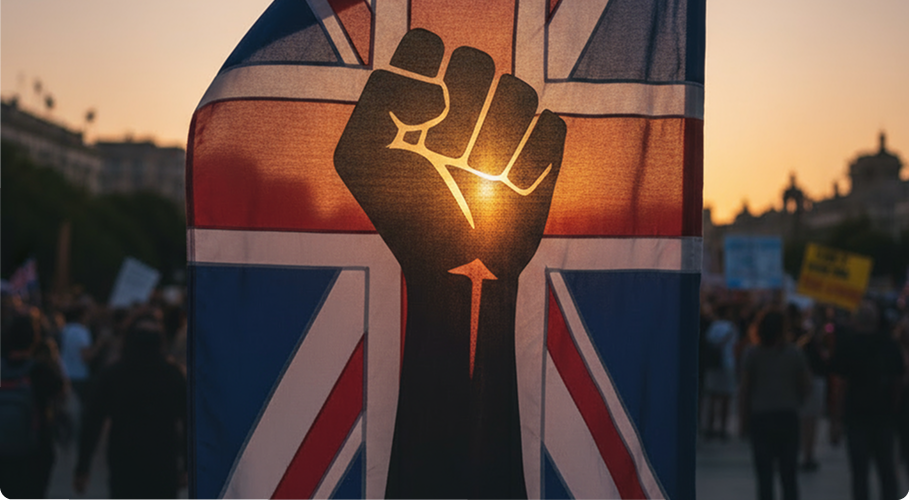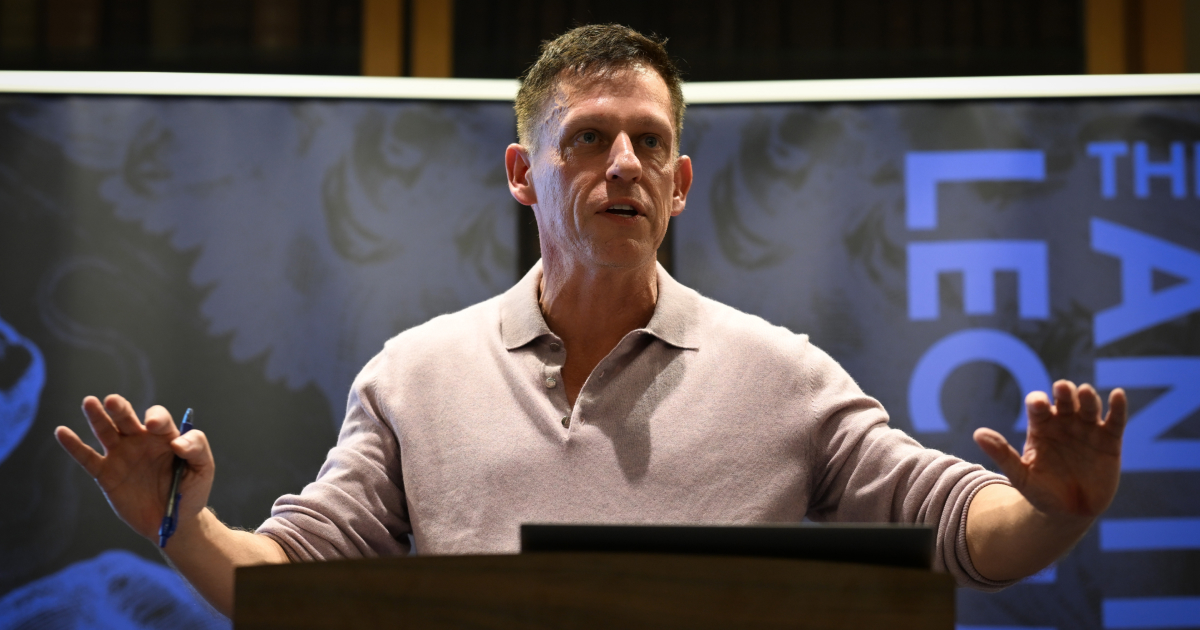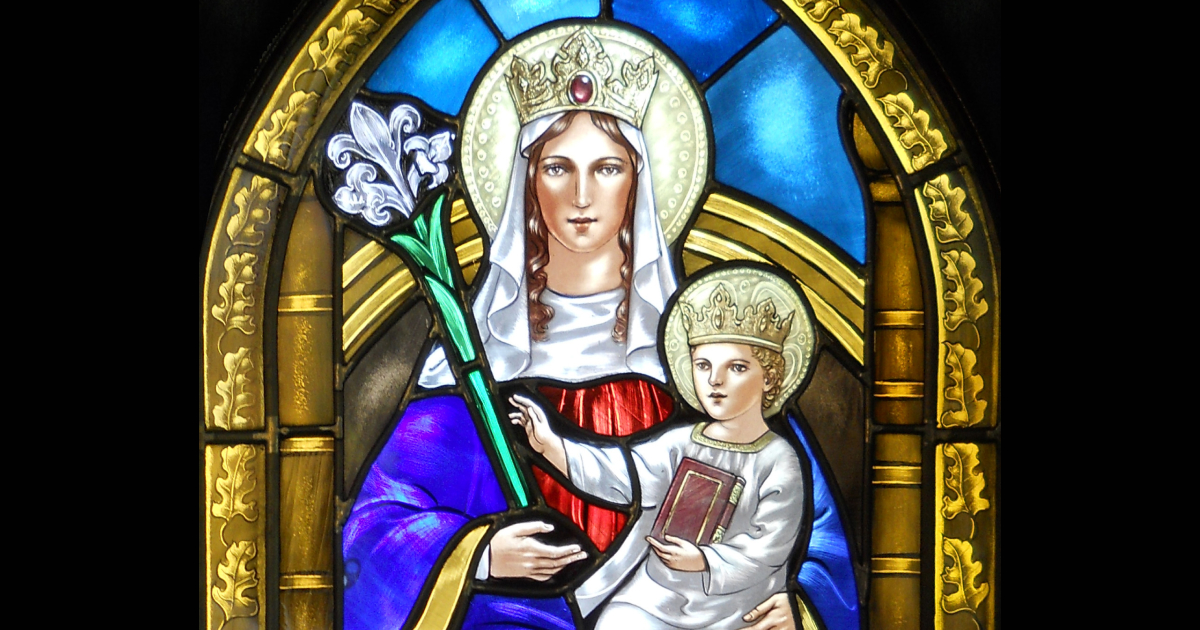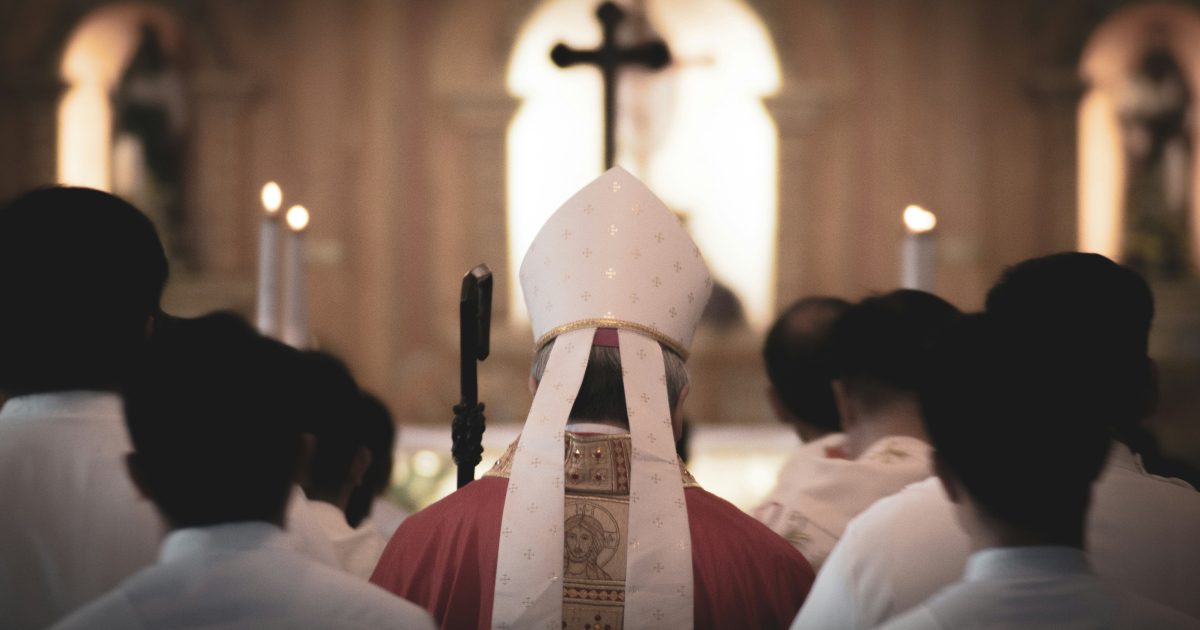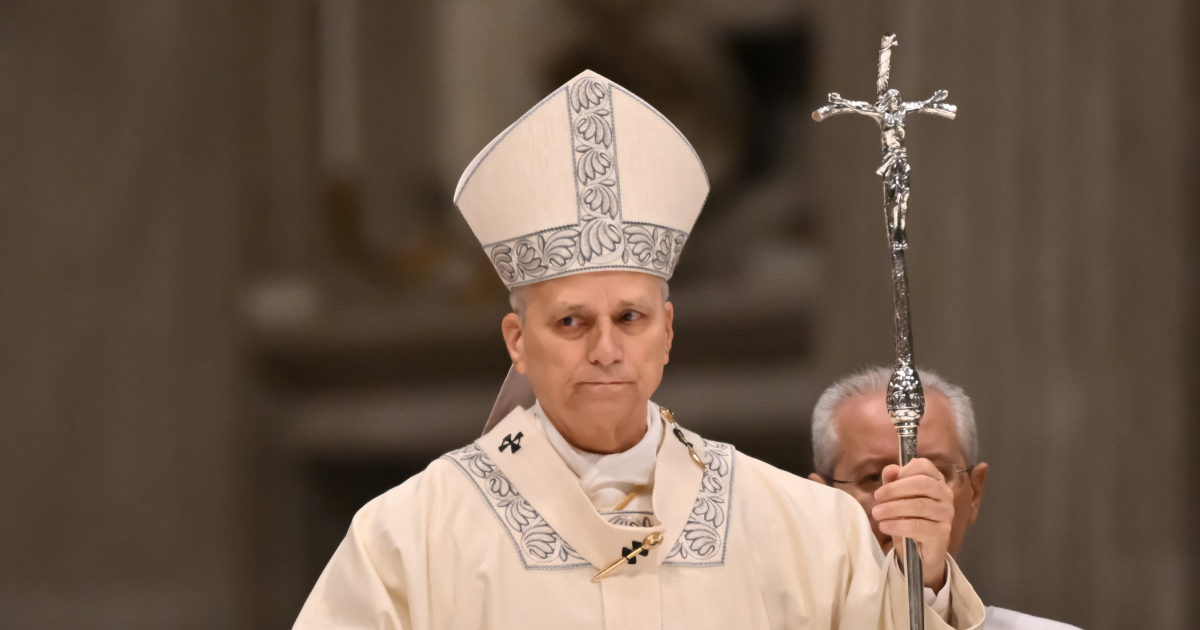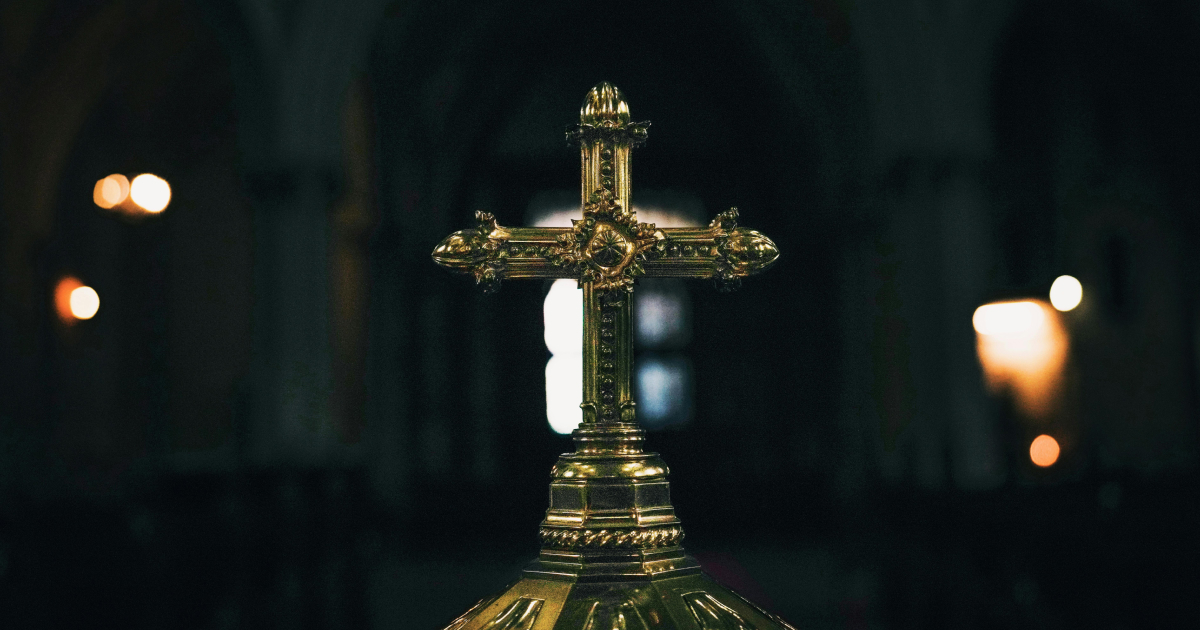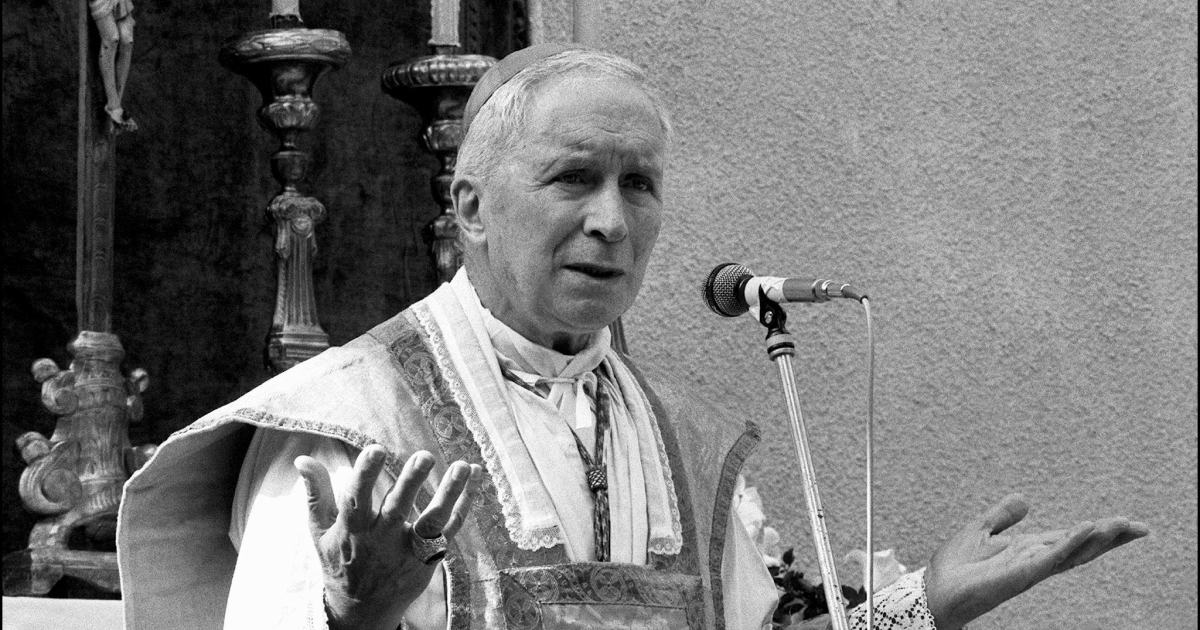The UK has seen an increase in street protests in recent months. On 13 September, the Unite the Kingdom rally drew thousands to the capital. Media estimates put the number at around 150,000, while organisers claimed two million — a vast discrepancy, but either way one of London’s largest.
Last weekend also saw a smattering of right-wing marches take place in various cities. The Southampton protest was in response, like the others, to the use of hotels to house migrants, but also to videos that had circulated online purporting to show men harassing a demonstration the week before.
Another notable gathering took place in London, where the rebranded and considerably more extreme UKIP assembled outside the Brompton Oratory calling for “mass deportations”. They had been due to protest in the predominantly Muslim area of Whitechapel but were blocked by police.
The presence of anti-immigration sentiment spilling over into street agitation in the UK is not new. The English Defence League led protests across the country up until the mid-2010s, and in the 1990s the British National Party regularly took to the streets. What is new, however, is the overt Christian nationalism. Met with “deep concern” by the presidents of Churches Together in England — an ecumenical amalgamation of the country’s major denominations — it is not something that has been embraced by mainstream Christianity, but its presence is nonetheless notable.
At the Unite the Kingdom rally, Bishop Ceiron Dewar of the Confessing Anglican Church led the crowds in prayer and finished by proclaiming to cheers that “Jesus Christ is Lord.” At the Southampton protest, the crowd were addressed by a married couple who lead a church called When Walls Come Down. After a speech echoing much of the same rhetoric as the rest of the march, the couple asked attendees to kneel in prayer.
The UKIP rally took place outside London’s largest and arguably most vibrant Catholic church, the London Oratory. In his opening remarks, UKIP leader Nick Tenconi told the crowd that “Christian nationalism is here and Christ is indeed King.”
These right-wing Christian-themed protests were, as expected, met with considerable vitriol, with counter-protests — often larger in size — emerging in opposition. Hundreds attended a rally organised by Stand Up To Racism in response to the Southampton march, with some minor scuffles between the two groups.
Stand Up To Racism also organised a larger demonstration in Whitechapel, the location where UKIP had planned to march but were blocked by police. Hundreds of anti-racist protesters filled the streets, with speeches given by community leaders.
However, the Whitechapel march also revealed a culture clash that has been simmering for years without boiling over. The Left and Islam have walked side by side in the UK for decades, with their more diluted expressions fitting relatively comfortably. The potential for friction between Islam and left-wing politics can be seen in its early and almost comic forms, when signs reading “Never f*** a fascist” appeared in crowds dotted with hijab-wearing women. But generally, they coexist.
Islamism, however — the political expression of Islam — cannot sit comfortably with left-wing ideals, and even less with far-left principles where introductions include pronoun sharing and a decadent sexual morality. Islamism, as opposed to the Muslim faith practised by most British Muslims, seeks control and subjugation of the world around it. It is combative. Nonetheless, pockets of Islamism have aligned themselves with left-wing causes, choosing to separate politics and religion until a more auspicious time.
Signs of the erosion of that relationship appeared at the weekend’s Whitechapel protest. During the demonstration, masked men chanting “Allahu Akbar” marched in almost military formation through the crowds. When a cheerful man smilingly told the group through a megaphone, “We are on the same side, bro,” he was pointedly told by one of the masked men, “No, we are not.” The megaphone voice pleaded, “Yes, we are,” but the men marched on, uninterested in engaging.
There is no sign of a softening of views in the United Kingdom. On the right, there is frustration at successive government failures to control illegal arrivals in the UK, and an increasing number of young British men have become radicalised to believe that the epicentre of the country’s ills lies in immigration. Their internet heroes — like Turning Point UK’s “Young Bob” — use Christian rhetoric to support their positions and see the faith as an essential part of rebuilding the country.
Conversely, the ideology of Islamism is finding its footing among those radicalised by increasingly confrontational anti-immigrant rhetoric. The subculture has its own internet personalities, equally able to draw vast online followings. Muhammad Hijab, known for his confrontational style, views democracy as un-Islamic and a “Western concept”. He expresses disdain for Christians — in one recent video he makes derogatory comments about Catholic priests, while in another he tells the aforementioned Young Bob that he is “nothing, a nobody.”
At present, the UK’s religious tension remains largely at the level of street agitation. Speakers’ Corner in London, long a meeting point for the exchange of ideas, is now engulfed with heated arguments about the truth claims of Islam and Christianity.
But in the next general election, likely three or four years from now, the question will become political.
In the last election, four newly elected independent MPs — all practising Muslims — joined Jeremy Corbyn and Zarah Sultana to form the “Independent Alliance”. While their politics and religious beliefs are moderate and far removed from the street agitation and hardline Islamism of Muhammad Hijab, the group are generally seen as representing Islamic interests. The UK’s Muslim population currently stands at 6.5 per cent, and whilst most Muslims find the politicised form of their faith found in Islamism abhorrent, it is understandable that they may start to look to see those who represent their own faith. With an ineffective Labour leadership and a practically defunct Tory party, it is likely that the number of independent Muslim MPs will increase from a smattering to a significant bloc in Parliament.
In that same election, Reform UK also elected its first MPs. Again, while their voices are far from the Christian nationalism seen at Tommy Robinson rallies, they are seen as representing Christian interests. Nigel Farage is a Christian, as is Richard Tice, and with Danny Kruger’s recent defection from the Tory party, they now have perhaps the strongest Christian voice in the Commons. Currently polling 11 per cent ahead of Labour, if they do not form the government, they will likely represent a sizeable portion of the opposition. They are also rising at a time when church attendance is soaring. A recent report by the Bible Society found that monthly church attendance increased from 3.7 to 5.8 million people between 2018 and 2024, with the largest increase among those under 25 years old. Noting this rise, alongside an increase in Christian nationalism, Reform will likely realise they need to court the Christian vote to make the most of their electoral appeal.
This blend of belief and political ambition means religion in the UK is back on the table of public discourse, no matter how much the humanists might wish otherwise.
It was in 2003 that Alastair Campbell, Tony Blair’s spin doctor, interrupted a journalist’s question about the former prime minister’s religious belief with the now-famous line: “We don’t do God.” Few in that political era could have predicted that, more than 20 years on, politicians would be very much doing God.





